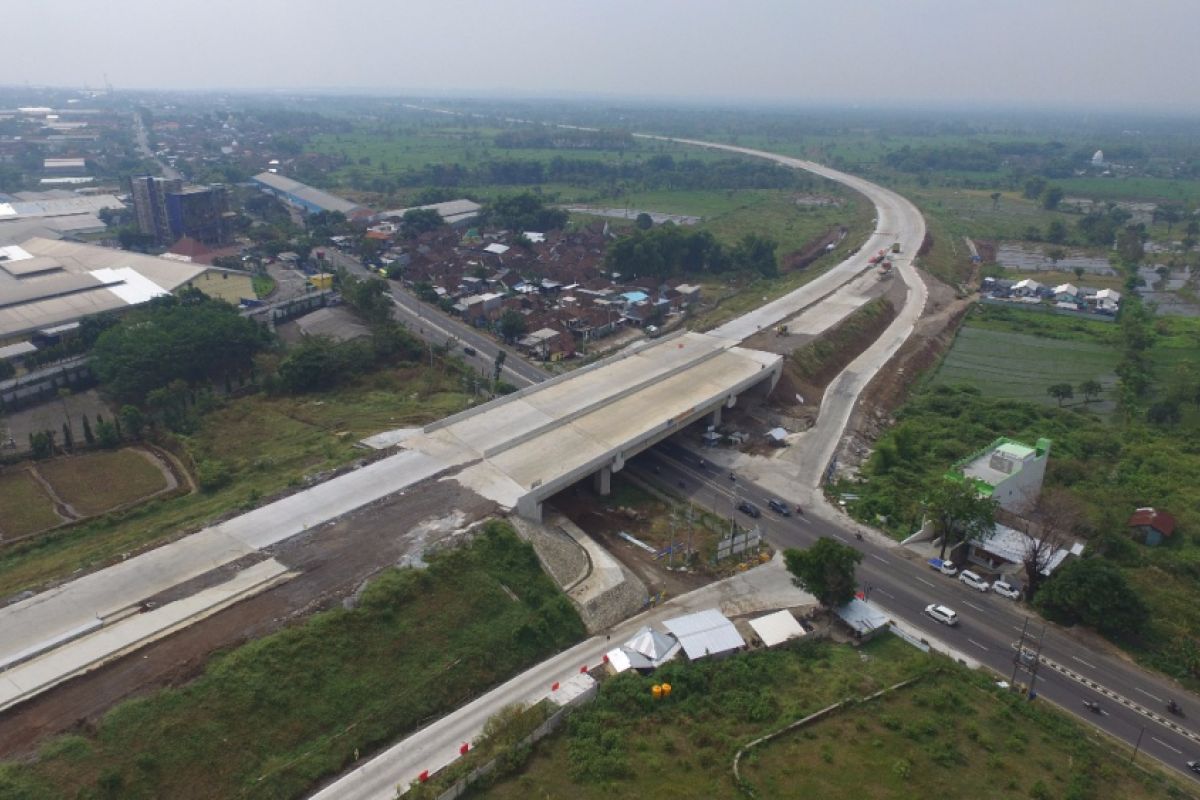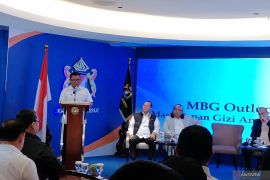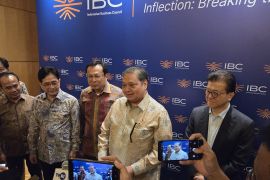"Technology is needed to build integrated connectivity," the BPPI head noted in a statement here on Monday.
Timur remarked that the industrial revolution 4.0 was a big leap in the manufacturing sector, with the use of automation technology supported by internet-based infrastructure.
This is not only in the production process but also in the entire chain of that process.
Furthermore, industry 4.0 is viewed as being capable of boosting efficiency and productivity that reduces the production costs.
This can decrease the price of products. As a result, people from the low-income group can buy the products.
"From the experience of industries that apply industry 4.0, its efficiency is very high at between 20-30 percent. This depends on the industry sector," he stated.
He also remarked that the successful implementation of Making Indonesia 4.0 will boost the growth of real gross domestic product (GDP) by one to two percent per year.
Thus, the annual GDP growth will rise from the baseline by five percent to six to seven percent during the 2018-2030 period.
In addition, the ratio of net exports will increase again by 10 percent of the GDP.
Moreover, there is an increase in productivity with the adoption of technology and innovation as well as the opening of new jobs for as many as 10 million people by 2030.
"The implementation of Making Indonesia 4.0 is intended to make Indonesia enter the ranks of 10 countries, with the strongest economies in the world by 2030," he stated.
In order to achieve the stated goals, the ministry has prioritized five industrial sectors to be developed: food and beverage, textile and clothing, automotive, chemical, and electronics.
Reporting by Sella Gareta
Editing by Aziz Kurmala
Reporter: Antara
Editor: Fardah Assegaf
Copyright © ANTARA 2018












